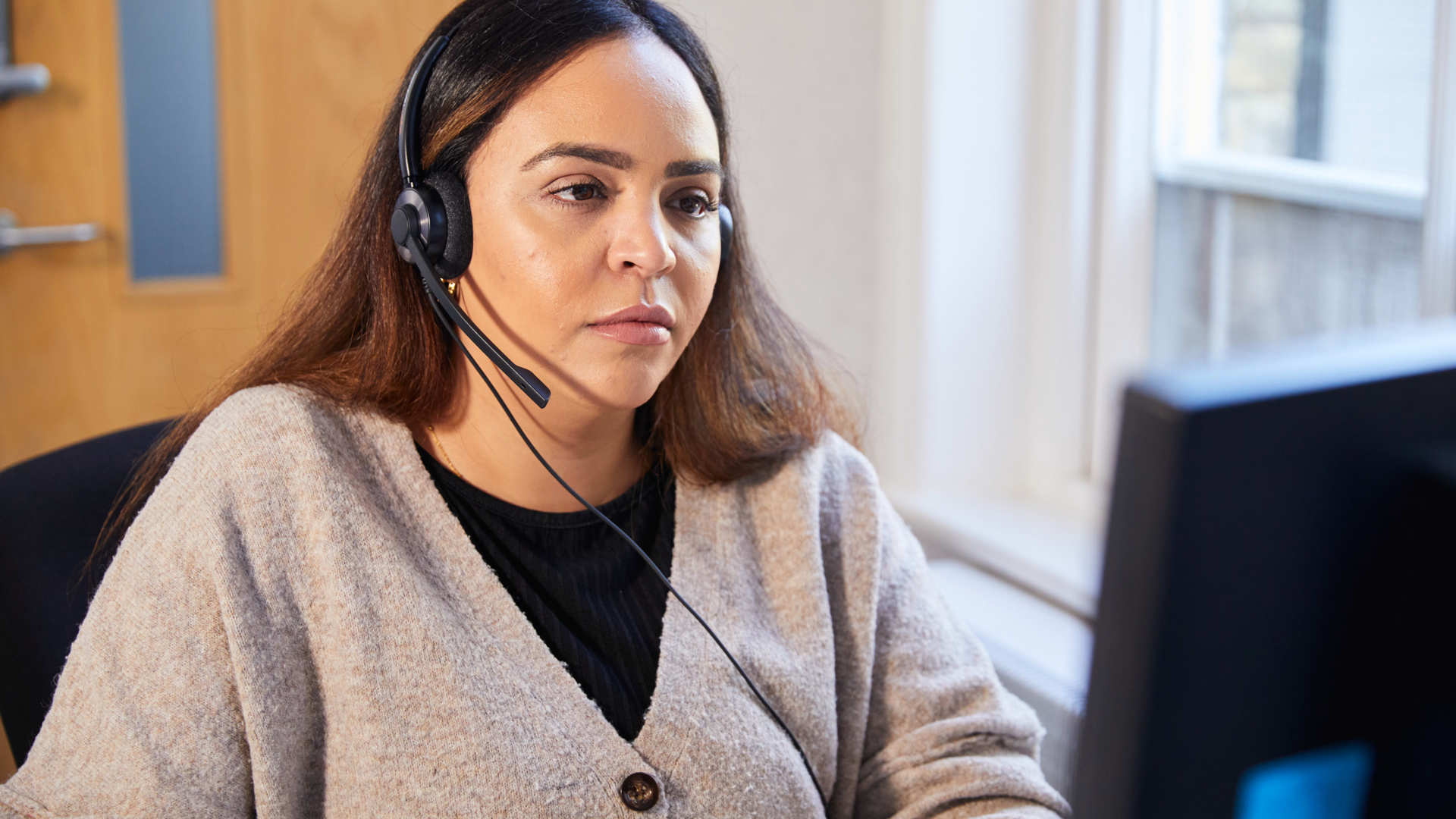
What to expect
There are some things to expect that are normal and other signs and symptoms that are not. It’s important that you know about both.
Our team are available 24 hours a day, 7 days a week.
If you have any questions or are unsure about anything please call 0300 333 68 28 (or +44 1789 508 210) and trained staff will help. During opening hours you can also call the clinic where you had your treatment for advice.
Most women have some vaginal bleeding for around 1-2 weeks after a termination of pregnancy. It is best to use sanitary towels during this time to monitor the amount.
You should expect the bleeding to be like a light menstrual period. You may also pass some small blood clots. In most cases the bleeding will then stop but you may experience spotting until your next period, which will normally happen about 4-6 weeks after the termination. Sometimes you may have a short episode of pain, with a gush of blood or a clot several weeks after the treatment - contact us if this continues. Some women will not experience bleeding until their next period is due.
Most women experience cramping on and off for about a week after a termination of pregnancy. You can take the pain medicines ibuprofen and paracetamol if needed. You can buy these over-the-counter pain medicines from a pharmacy, supermarket and many other shops without a prescription.
Please remember that there are two strengths of ibuprofen tablets. Follow the directions that apply for the strength that you buy. Always read the patient information leaflet that comes with these medicines, and take them as directed.
You can take paracetamol and ibuprofen together if the recommended dose of either medicine alone does not control your pain.
If these medicines are not controlling your pain please call the clinic or the Aftercare Line on 0300 333 68 28 (or +44 1789 508 210).
Nausea, vomiting and tiredness usually stop within 3 days of a termination of pregnancy. Sore breasts may take 7 to 10 days to disappear. Your breasts may feel firm and tender and leak milk after your procedure. You will feel more comfortable if you wear a supportive bra and apply ice packs to your breasts. If necessary take ibuprofen or paracetamol for the pain.
Feelings after the termination can vary. Some women may feel a sense of relief but for others, the emotional impact can be intense and complicated. If you need to talk to someone outside of your own support network, we can arrange for you to speak to a trained counsellor at BPAS.
Antenatal Results and Choices and other support organisations can provide support directly or give you information on services you can access.
Telephone 999 for an ambulance if you experience any of the following in the last 24 hours after your treatment
- loss of consciousness
- severe allergic reaction
- a confused state
- concern for a heart attack or stroke
- chest pain
- slurred speech
- breathing difficulties
- fits that aren't stopping
- continuous and heavy bleeding that soaks 2 or more pads in an hour for 2 hours in a row
Phone the clinic where you were treated (the number is on the front of your treatment guide and your discharge letter) or the Aftercare line on 0300 333 6828 (or +1789 508 210) if you have the following
- Lasting pain.
- Discoloured or smelly vaginal discharge.
- Abdominal tenderness.
- Fever.
- A general feeling of being unwell or of still being pregnant.
You can take a bath or shower as normal. Take care if you have a bath in the 24 hours following a general anaesthetic or conscious sedation. You will need to make sure someone is around to keep an eye on you, in case you are still feeling drowsy.
You can have sex when you feel sufficiently recovered from your treatment. You can get pregnant almost immediately following a termination of pregnancy, so it’s important to use contraception if you do not want to get pregnant straight away.
It is best not to travel within 24 hours of treatment. If you must travel just make sure you know how to access emergency services at your destination in case of a complication.
Most women are fit and well enough to return to normal activities within a day or two. Our advice is to rest until you feel able to return to your normal routine.




